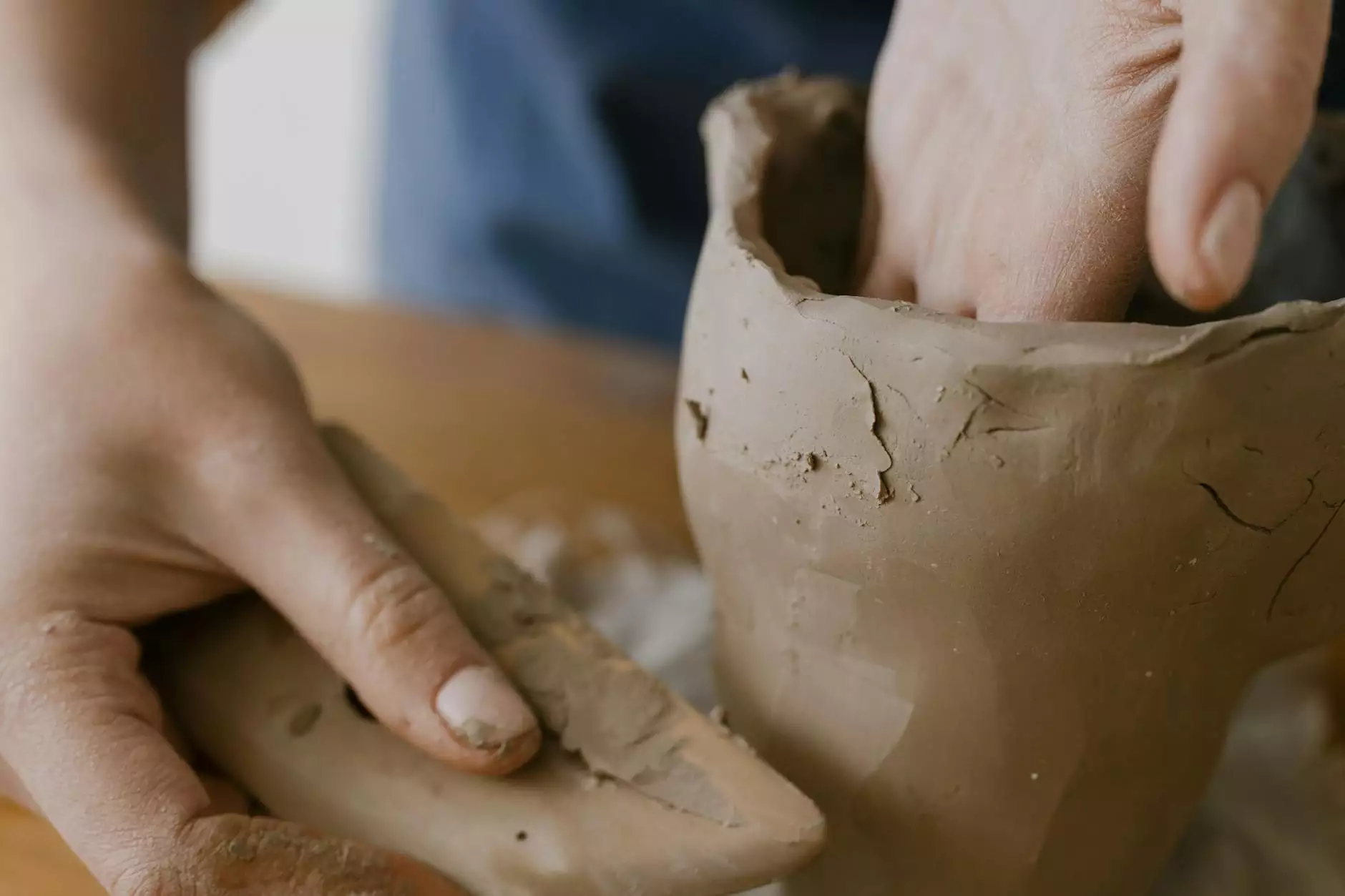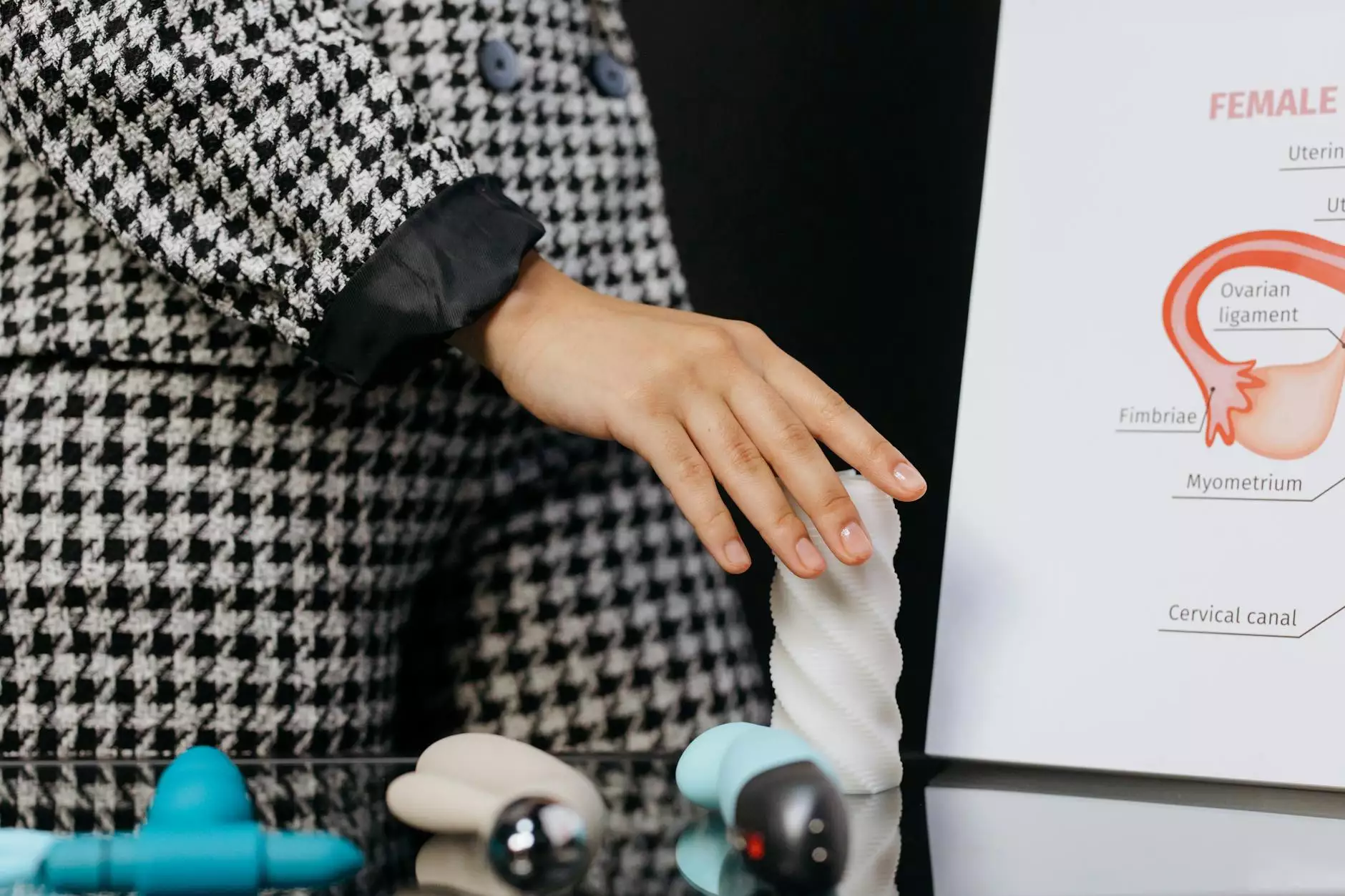Understanding Precision Plastic Mould: The Cornerstone of Modern Manufacturing

The manufacturing industry is constantly evolving, driven by technological advancements and consumer demands for high-quality products. Among these advancements, precision plastic mould technology stands out as a revolutionary process that allows businesses to produce intricate designs with unparalleled accuracy. This article delves into the significance of precision plastic moulding, its applications in various industries, and how it continues to innovate the landscape of manufacturing.
The Fundamentals of Precision Plastic Moulding
Precision plastic moulding is a manufacturing process that involves creating specific shapes, designs, and components from plastic materials through a series of moulds and machinery. The precision aspect is crucial, as it dictates the ability to produce parts that meet stringent specifications in terms of size and design. Here, we will uncover the key components of this process.
What is Plastic Moulding?
Plastic moulding is a process of shaping plastic materials into desired forms using molds. The basic steps include:
- Material Selection: Different types of plastics are chosen based on the final product's requirements.
- Mold Design: Creating detailed and precise moulds to shape the plastic accurately.
- Heating and Injection: Heating the plastic and injecting it into the mould under high pressure.
- Cooling and Finishing: Allowing the plastic to cool and then removing it from the mould for finishing processes.
The Importance of Precision in Moulding
In industries where tolerances are vital, the need for precision cannot be understated. Here are a few reasons why precision is paramount:
- Quality Assurance: Precision ensures that each component meets industry standards and specifications, resulting in high-quality products.
- Cost-Effectiveness: Reducing waste through precise moulding processes contributes to significant cost savings.
- Increased Efficiency: Precise moulds require less rework and fewer adjustments, speeding up production times.
- Design Flexibility: Complex designs can be achieved without compromising structural integrity.
Applications of Precision Plastic Moulding
The applications of precision plastic mould span various industries, highlighting its flexibility and importance. Here are some key sectors benefiting from this technology:
1. Automotive Industry
The automotive industry relies heavily on precision plastic moulding to produce components such as:
- Interior Parts: Dashboard panels, trim pieces, and switch assemblies.
- Exterior Components: Bumpers, light housings, and aerodynamic features.
- Functional Parts: Clips, connectors, and various structural elements.
2. Consumer Electronics
In an era dominated by technology, precision moulding plays a critical role in producing parts for consumer electronics, including:
- Casing: Smartphone and laptop housings that are lightweight yet durable.
- Buttons and Controls: User-friendly designs that enhance usability.
- Internal Components: Precision-fit parts essential for functionality.
3. Medical Devices
The medical field demands the highest standards of precision due to safety and compliance needs. Common applications include:
- Surgical Instruments: Tools that require exact shapes for effective use.
- Medical Packaging: Containers that ensure sterility and safety of medical products.
- Diagnostic Equipment: Components that must function seamlessly to ensure accurate results.
Advancements in Precision Plastic Mould Technology
As technology progresses, the methods and tools associated with precision plastic mould are becoming more sophisticated. Some of the notable advancements include:
1. Computer-Aided Design (CAD) and Computer-Aided Manufacturing (CAM)
CAD and CAM technologies have transformed the design and manufacturing processes. By allowing for intricate designs to be drafted and modified with precision, manufacturers can create moulds that perfectly match specifications, which leads to higher efficiency and accuracy in production.
2. 3D Printing and Rapid Prototyping
3D printing technology enables rapid prototyping, allowing manufacturers to test designs quickly before committing to full production. This not only saves time but also reduces costs associated with traditional mould manufacturing.
3. Advanced Materials
The development of advanced plastic materials with improved strength, heat resistance, and flexibility has enhanced the capabilities of precision moulding. These materials allow for new applications and better performance in various industries.
Challenges in Precision Plastic Moulding
While precision plastic moulding offers numerous benefits, it also comes with its set of challenges:
1. High Initial Costs
The investment in precision mould tooling and advanced machinery can be substantial. However, this cost is often justified by long-term savings and efficiency gains.
2. Complexity of Design
As designs become increasingly complex, creating and maintaining accurate moulds can be more difficult, requiring skilled personnel and consistent quality control.
3. Environmental Concerns
With growing awareness of environmental issues, the plastics industry faces pressures to adopt more sustainable practices, from materials to manufacturing processes.
Conclusion
Precision plastic mould technology has emerged as a vital component in modern manufacturing. Its ability to produce high-quality, accurate parts has made it indispensable across numerous industries, including automotive, electronics, and medical devices. Despite its challenges, the ongoing advancements in technology and materials hold promising potential for the future of precision moulding.
As industries continue to innovate, the role of precision plastic moulding will undoubtedly grow, shaping the next generation of products while driving efficiency and sustainability. Businesses looking to stay competitive must embrace these advancements and consider precision mould technology as a cornerstone of their manufacturing strategy.









